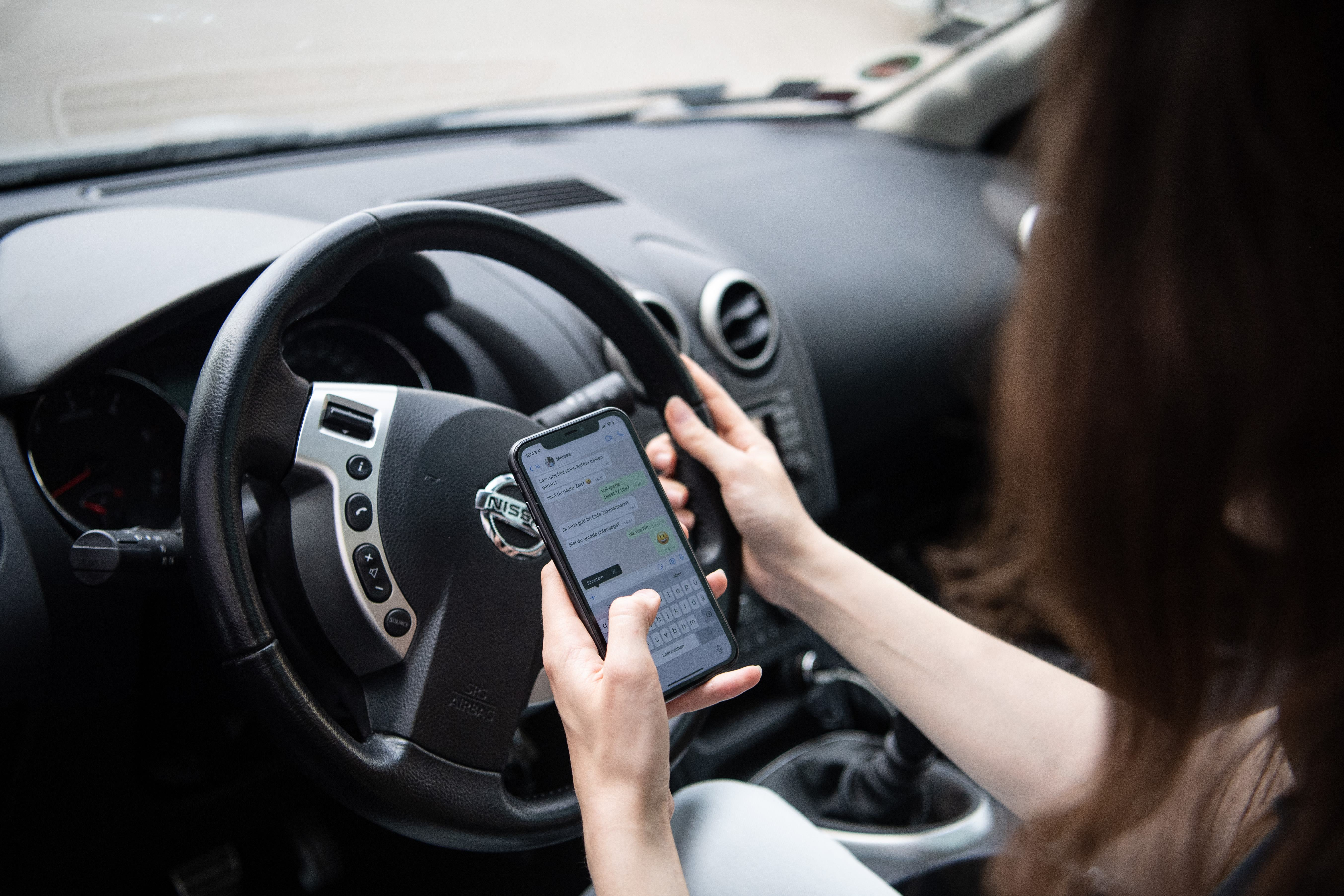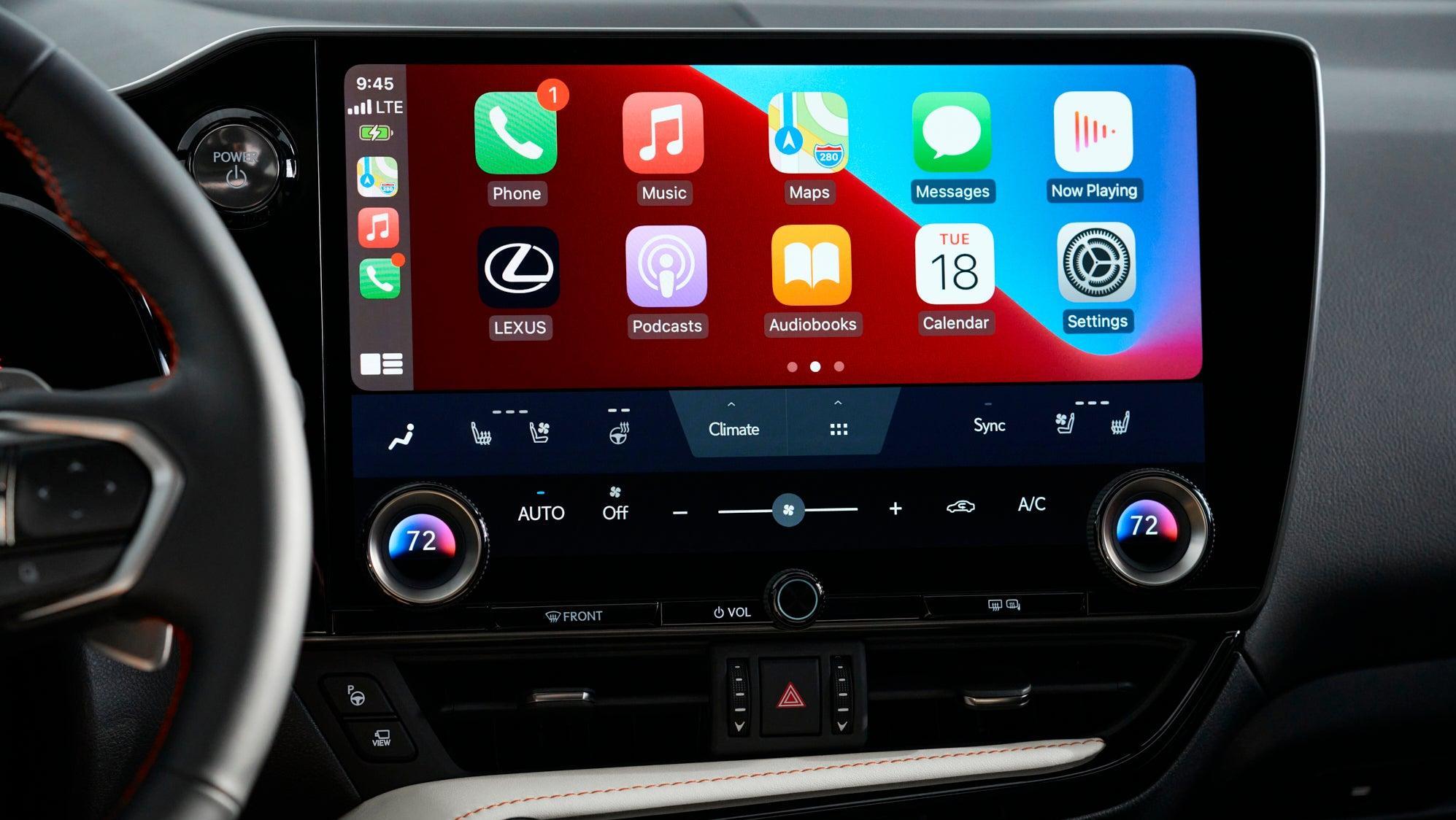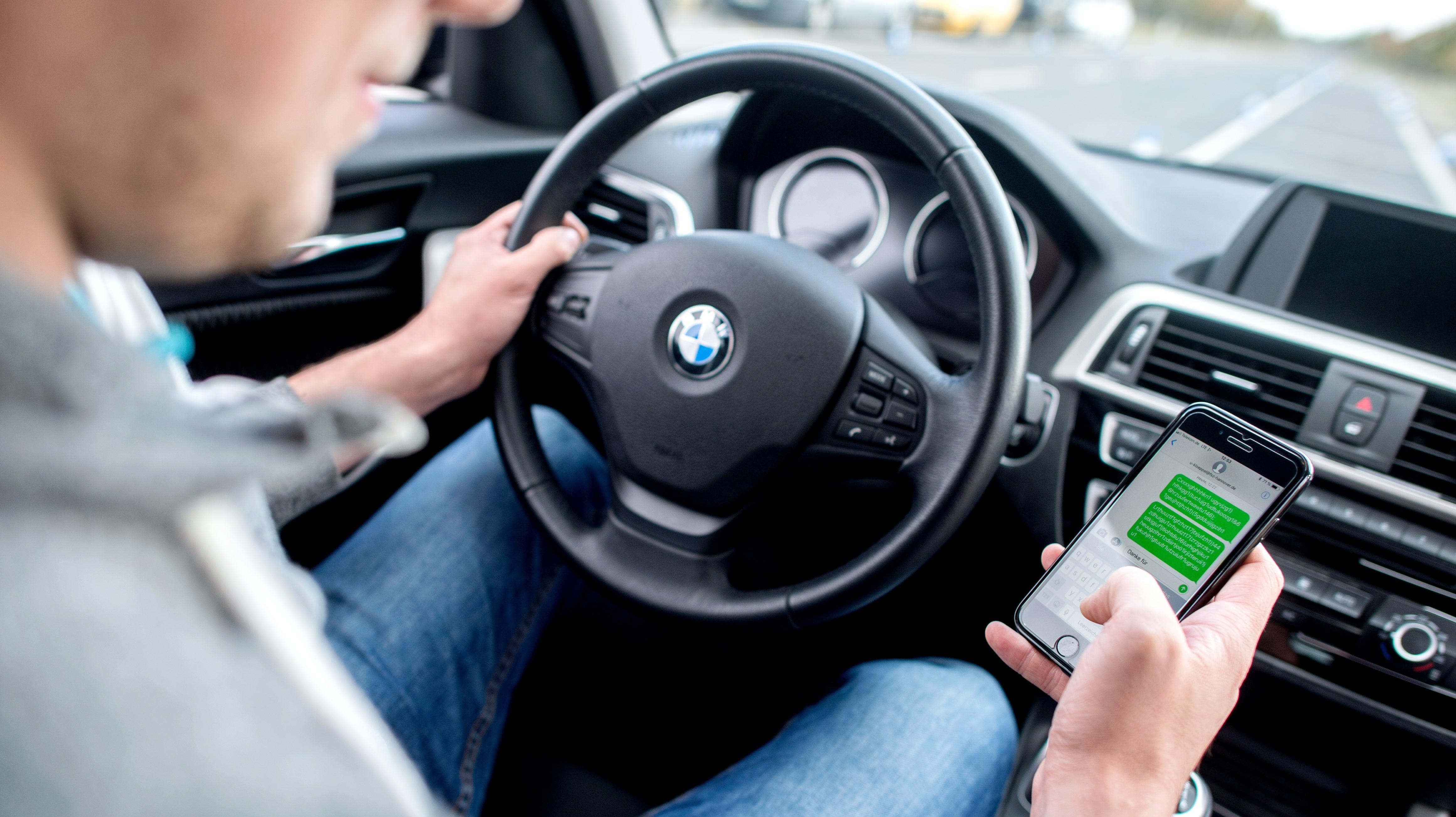The IIHS Wants More U.S. States To Ban Phone Use In Vehicles
IIHS research says stricter phone bans should extend to holding and using cell phones to reduce crashes.
A new study from the IIHS says stricter bans on cell phone use in cars would reduce crashes in the U.S., a country that has been struggling to reduce higher and higher crash rates on its roads. The results of the study should surprise absolutely no one. Cell phones have long been associated with distracted driving. Even so, few states in the U.S. have made cell phone use under any circumstance illegal while driving, and many states find some use acceptable.
The IIHS compared U.S. states that make just holding a cell phone while in the driver seat illegal to other states where it's only illegal if drivers are holding and using the phone. The distinction sounds vague or difficult to enforce, and while "using" laws have shown some safety improvement, stricter statewide "holding" laws have reduced the number of rear-end crashes by a substantial amount.

Oregon saw a nine percent reduction in rear-end collisions after 2017, when the state made just holding a cell phone illegal, including while stuck in traffic and at stoplights. Washington saw a greater reduction after doing the same thing, down by 11 percent.
Meanwhile, California saw no significant drop in rear-end collisions despite also broadening its laws around the same time period (2017-2019). The difference in the Golden State was that the law stated drivers couldn't use the phone but made no mention of this applying to cars briefly stopped due to traffic or red lights. Even though California's law was stricter than before 2017, crashes still happened at the same rate as before.
And the IIHS says California's law came with milder punishments, too. The base fines in California for first and second offense were $20 and $50. In Oregon, they were $265 and $440; in Washington, these were $136 and $234. A third offense in Oregon also carried a $2,000 fine and up to six months in jail.
The IIHS concluded that stricter bans help lower the rate of rear-end collisions, but harsher punishments are also needed. Well, the IIHS does say that making sweeping laws that apply to all phone use is difficult and hard to specify. For example, does the ban apply to other devices like a Sony Walkman, which has buttons and is less reliant on a touchscreen? Yes, some of us still use those.
And while texting and driving is often the activity drivers protest most, what about infotainment that has text messaging built in? Is a big, built-in tablet running Apple CarPlay or Android Auto that much different than a phone? Either way, we're distracted, and these distractions are growing. Banning phones is a start, but the industry has a distracted driving problem that goes way beyond banning cell phones.

